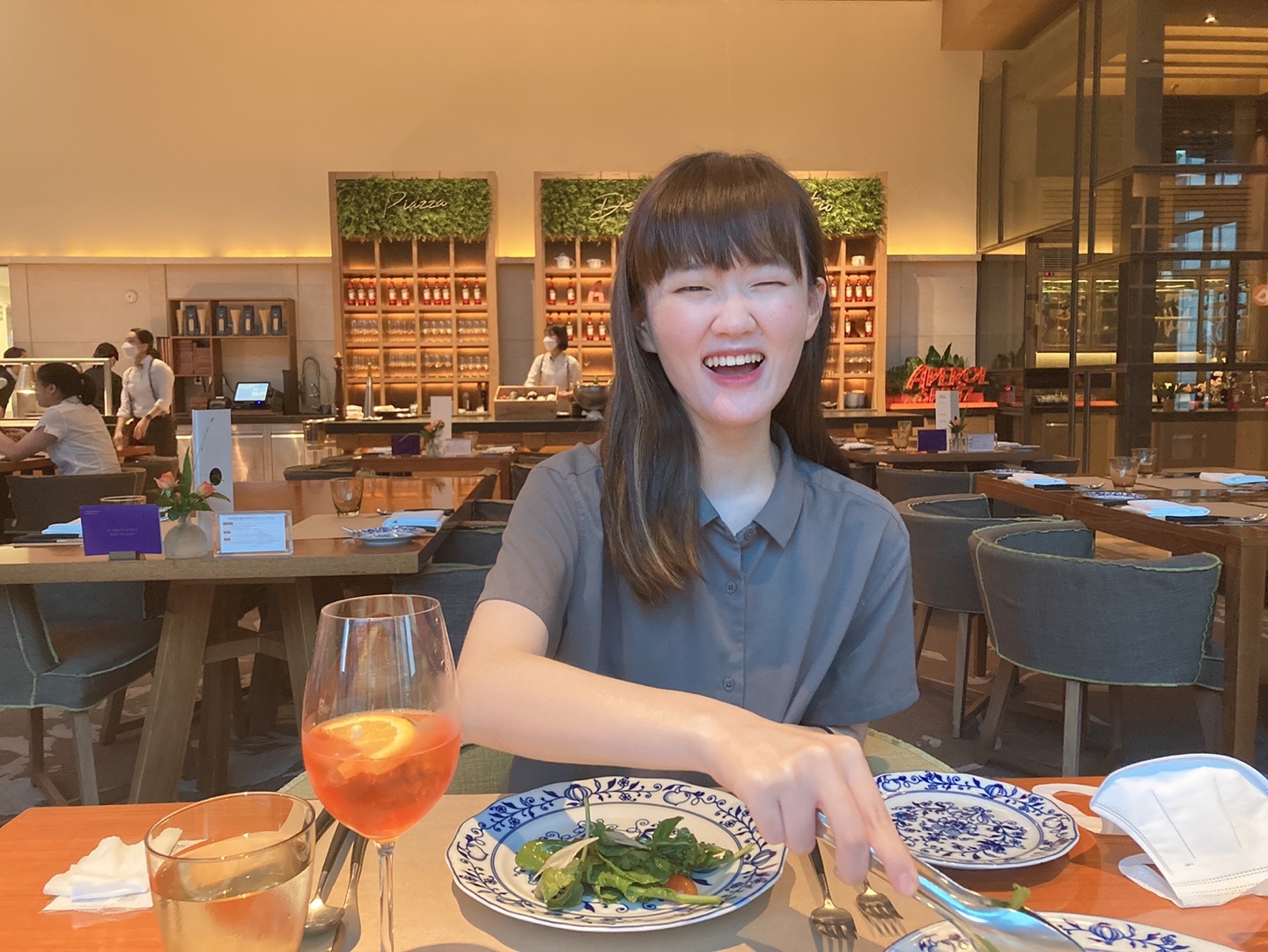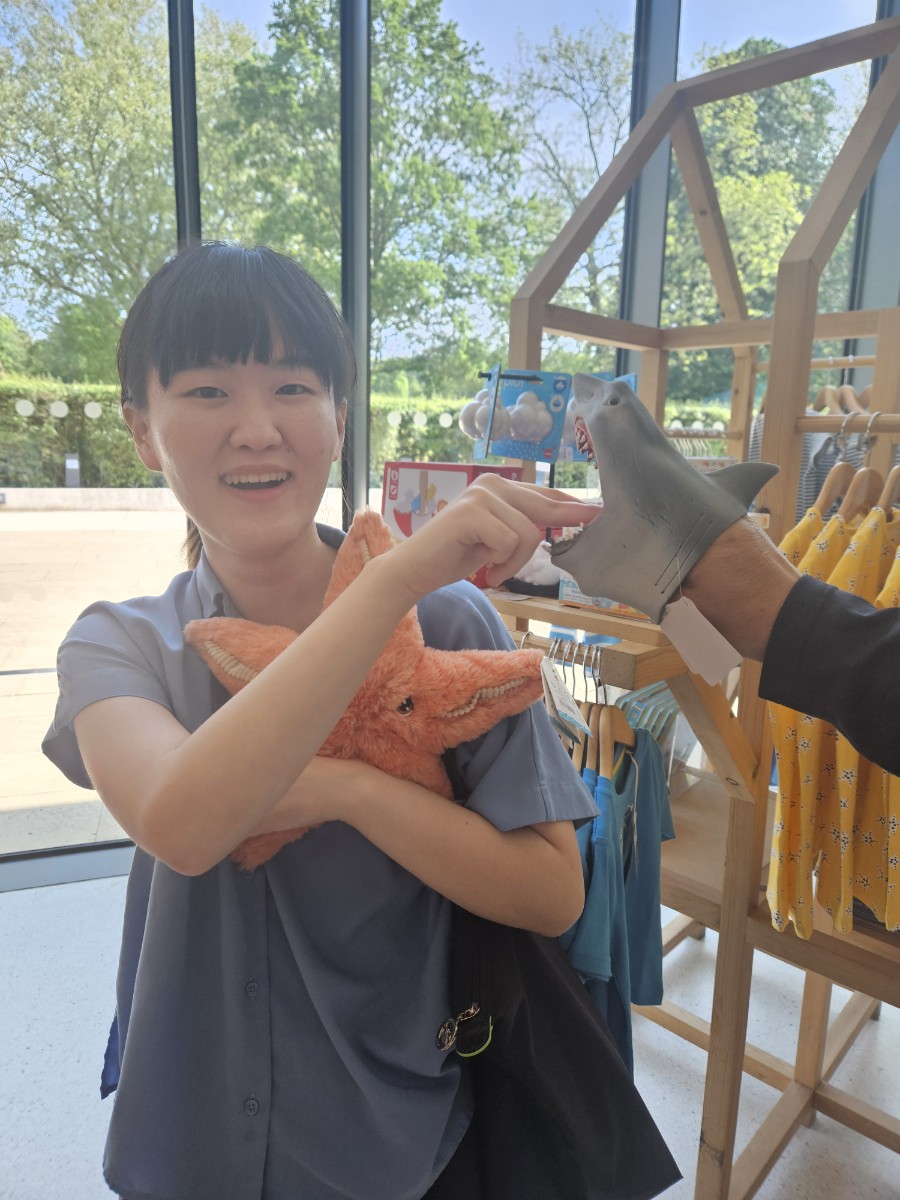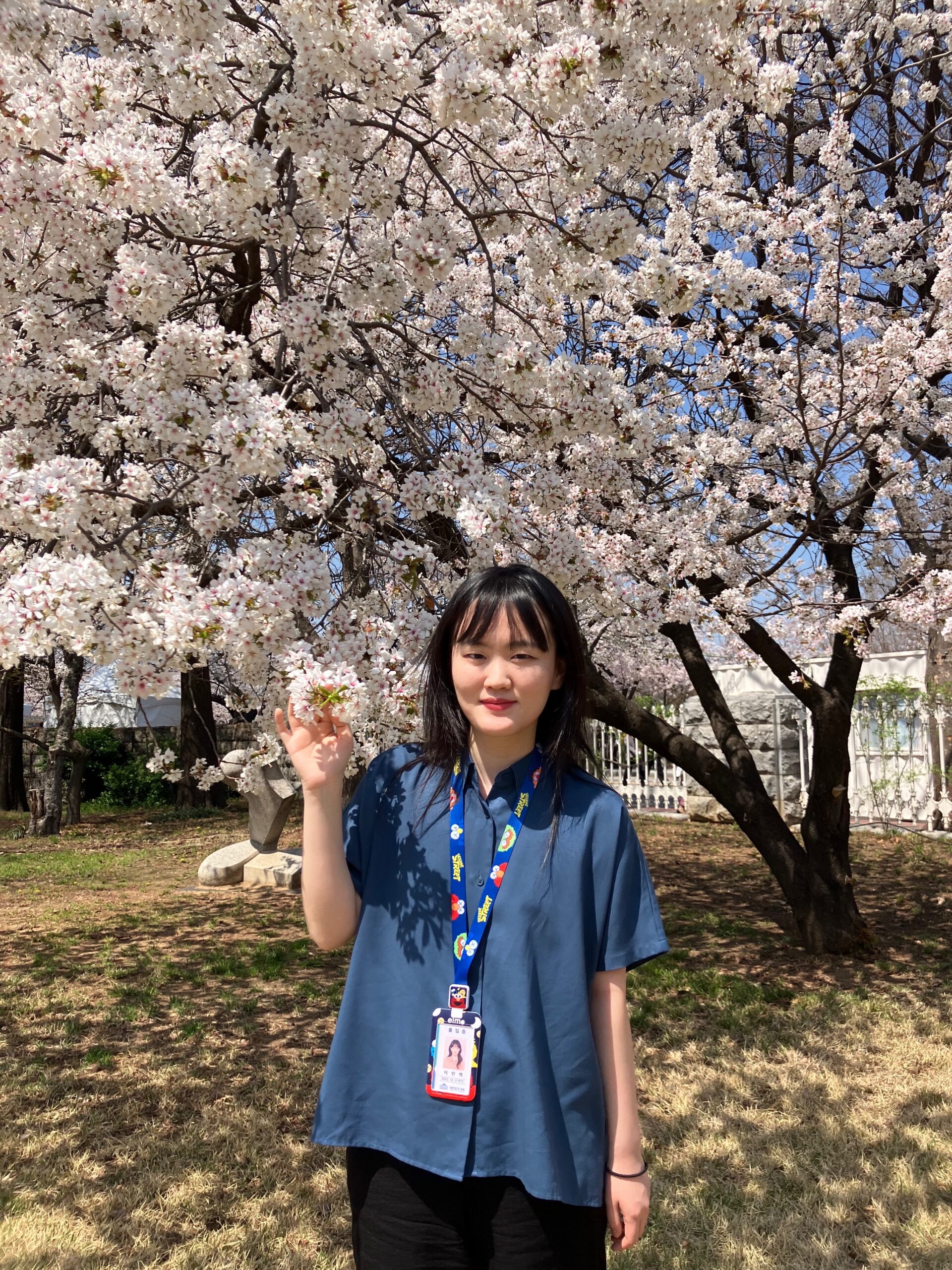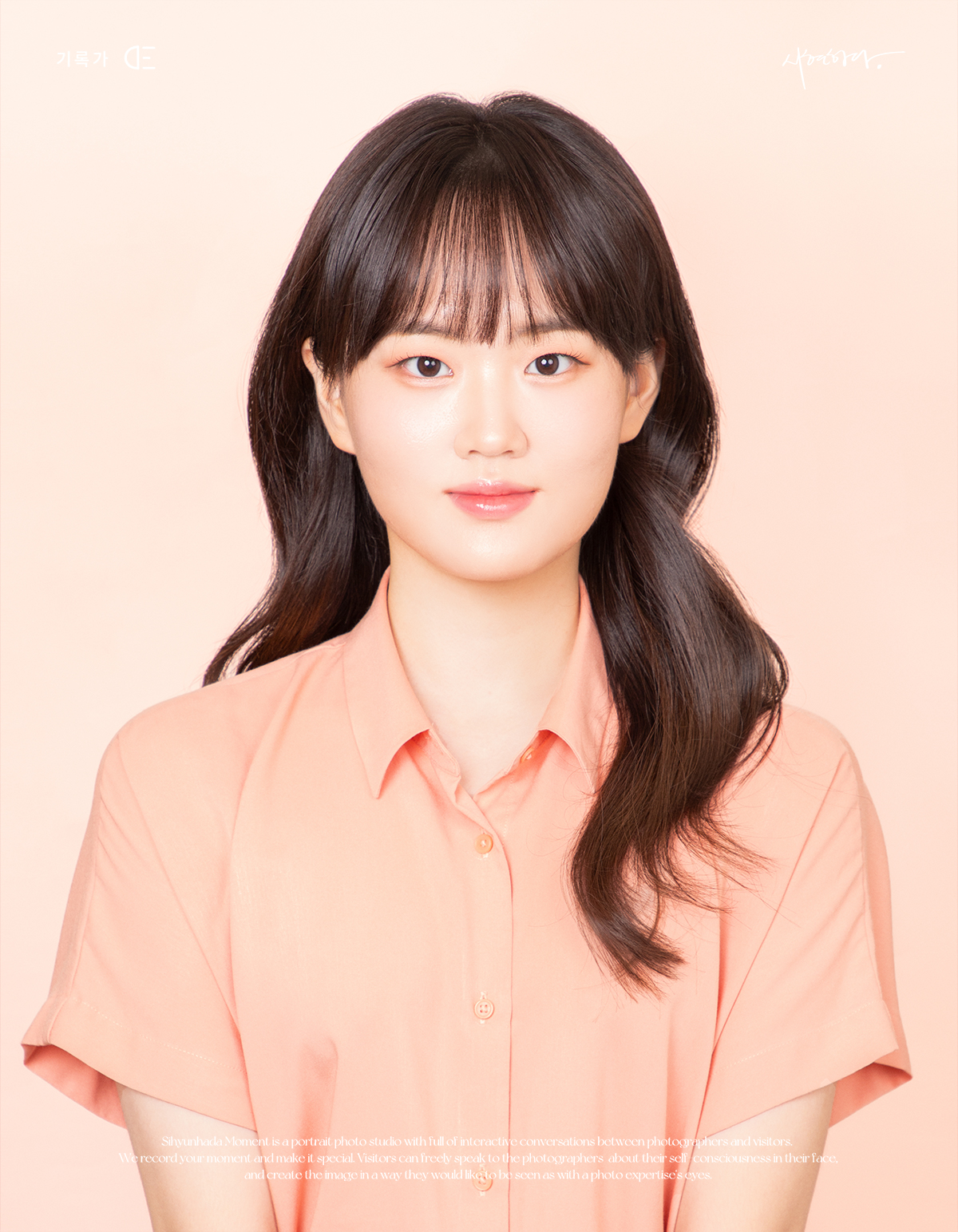
Scholar-Elect Minhee Lee's research will explore how bilingualism can help people understand different perspectives.
It is vital that we, as researchers, ensure that our research has a real-life impact and make connections between policy and academic studies.
Minhee Lee
Minhee Lee is fascinated by languages and, more recently, by linguistics. Her academic research has looked at everything from how polite language forms shape our perceptions of whether something is true or not to the role of bilingualism in understanding others’ perspectives better, a subject she will expand upon when she starts her MPhil in the autumn.
However, Minhee’s interests are not just academic. She is also keen to make the study of linguistics not only more accessible, but also more relevant to real-life situations. To that end, she has been a leading figure in her undergraduate university’s linguistics society, bringing in big name speakers and making basic linguistics theory easier to understand, as well as currently working in the Korean Parliament on a Bill which has implications for speech therapists.
Early years
Minhee [2025] was born in Seoul and lived there until she was 15. From an early age she was passionate about learning languages and took classes in English, Chinese and Japanese. In those first years her interest was not so much in the languages themselves. She was fully focused on becoming a diplomat, seeing the world and communicating with people from other cultures.
 That enthusiasm led her to petition her parents to send her abroad for secondary school. Minhee felt that boarding school would mean she would live in a bubble and not be able to immerse herself in a new culture. Her parents had a friend in Paris who agreed to be her guardian and so she ended up spending two years of high school in France. It was her first experience of living alone and she felt fairly homesick. “Everything was new, but so different,” she says. Eventually she made friends, had some good teachers and began to enjoy herself. She returned to Korea before the end of high school and had a year out before finishing her studies. That gave her time to think about what she wanted to do.
That enthusiasm led her to petition her parents to send her abroad for secondary school. Minhee felt that boarding school would mean she would live in a bubble and not be able to immerse herself in a new culture. Her parents had a friend in Paris who agreed to be her guardian and so she ended up spending two years of high school in France. It was her first experience of living alone and she felt fairly homesick. “Everything was new, but so different,” she says. Eventually she made friends, had some good teachers and began to enjoy herself. She returned to Korea before the end of high school and had a year out before finishing her studies. That gave her time to think about what she wanted to do.
Minhee returned to her passion for languages and discovered linguistics. She became interested in how we learn language from an early age. As a person who knew various languages, she was also interested in how people learn different languages. “I thought maybe this could be an area I could be passionate about and spend my university years on,” she says.
Edinburgh
Only five universities in South Korea taught linguistics as a major at the time so she looked abroad and opted for Edinburgh University. She had to do a foundation course in 2019 before she started because the UK system doesn’t recognise Korean qualifications. The course gave her the time to acclimatise to the very different UK education system, but it was heavily impacted by Covid. Minhee had to return home and didn’t return to Edinburgh until the beginning of her second year in 2021.
 Because of the Covid restrictions, Minhee joined the university’s linguistics society in order to make friends and meet people with similar interests. In her first year she was the first year representative of the society. Her role involved encouraging first years to engage in society events. In her second year she became the society’s academic talks organiser and contacted researchers all over the world to ask them to give a virtual lecture to the students. She says her aim was to cheer pandemic-hit students up and give them something to look forward to.
Because of the Covid restrictions, Minhee joined the university’s linguistics society in order to make friends and meet people with similar interests. In her first year she was the first year representative of the society. Her role involved encouraging first years to engage in society events. In her second year she became the society’s academic talks organiser and contacted researchers all over the world to ask them to give a virtual lecture to the students. She says her aim was to cheer pandemic-hit students up and give them something to look forward to.
She decided to email Noam Chomsky, the world-leading linguistics professor. “I asked him to talk about his latest work, but didn’t expect to receive a reply,” she says. He said yes. Minhee then set to work to make the online lecture accessible to the public. Students from all over the world emailed and contacted the society on social media. “It was overwhelming. People were so passionate about having this opportunity to hear Chomsky. It was a real wow moment,” she says.
In her third year, Minhee was in charge of discussions about academic papers. Once again, her focus was on making them more accessible. She started some beginner sessions for first and second years on the classic papers that discuss the basic concepts behind current linguistic theories.
Meanwhile, in her university studies, Minhee was becoming more interested in pragmatics, the study of how people understand the meaning of words. “I was really fascinated by real time communication and how people understand hidden meanings,” she says.
Research
Minhee began to do her own independent research under the guidance of her supervisor Chris Cummins, Professor of Experimental Pragmatics. He is a Cambridge graduate and he helped Minhee to shape her research interests and to apply for Cambridge.
She did a research project on the links between language and psychology, looking at politeness. Korean has a strict honorifics system which is used in everyday life by people of all ages, unless they know each other very well. Minhee conducted an online project asking people to read a short passage that was complimentary about them. “We wanted to understand if people would comprehend the message differently if honorifics were used or not used,” she says. She found that people were less likely to believe the compliment was true if honorifics were used as they felt it was insincere. Minhee was also interested to explore Korean linguistics as she says most linguistics research is based on English.
 In her fourth year, she did another project which was more focused on pragmatics and psychology, taking a Theory of Mind approach. Theory of Mind is the cognitive ability to understand that others have their own distinct thoughts, beliefs and intentions, which may differ from one’s own. Minhee’s research project compared monolingual and bilingual adults and aimed to measure whether bilingual people are better at understanding people’s different perspectives in a conversation. She found that there was no significant difference, which surprised her.
In her fourth year, she did another project which was more focused on pragmatics and psychology, taking a Theory of Mind approach. Theory of Mind is the cognitive ability to understand that others have their own distinct thoughts, beliefs and intentions, which may differ from one’s own. Minhee’s research project compared monolingual and bilingual adults and aimed to measure whether bilingual people are better at understanding people’s different perspectives in a conversation. She found that there was no significant difference, which surprised her.
She thinks this might be because the subjects were adults who may be used to thinking about things from both perspectives so she wants to continue to investigate the topic at Cambridge by extending it to children.
“Children are still developing so the bilingual effect could be more pronounced in them,” she says. Her MPhil supervisor will be Gates Cambridge Scholar Professor Napoleon Katsos. Minhee says she is keen to explore the links between Theory of Mind and bilingualism further, with the ultimate goal of looking at it through the lens of children who are on the autistic spectrum.
“Previous research suggests those with Autistic Spectrum Disorder [ASD] have poor abilities when it comes to perspective taking, but recent research leads us to believe that if we change our way of approaching the issue this may not necessarily be the case,” says Minhee, adding that parents of children with ASD tend to think learning a new language will be too confusing and difficult for them. However, if she can show bilingualism enhances their Theory of Mind she thinks they might be less averse to language learning.
Policy work
Minhee is currently on a gap year since completing her undergraduate degree. Although she is drawn to an academic career, she wanted to get a taste of life outside university before she embarks on her postgraduate studies. So she took an internship at the National Assembly in Seoul.
Most interns there have a politics or social policy background so Minhee brings something new. And indeed in her first weeks as an intern she met with speech therapists and discussed a forthcoming Bill which had implications for speech therapists who trained at online universities. There had been concerns that such therapists would not have a lot of face-to-face experience with patients.
However, Minhee found that not only do they do all they have a lot of in-person clinical experience but many have trained as therapists precisely because they have family members with a speech disorder and are keen to understand it better. Minhee prepared a report for the Assembly based on her discussions and the Bill was passed a few weeks ago, with a clause enabling online university students of speech therapy to get a licence.
Minhee says the experience taught her that simply changing a few words in a Bill can have a major impact, showing how research can translate into real life. She says this will influence her future research, adding: “It is vital that we, as researchers, ensure that our research has a real-life impact and make connections between policy and academic studies.”












